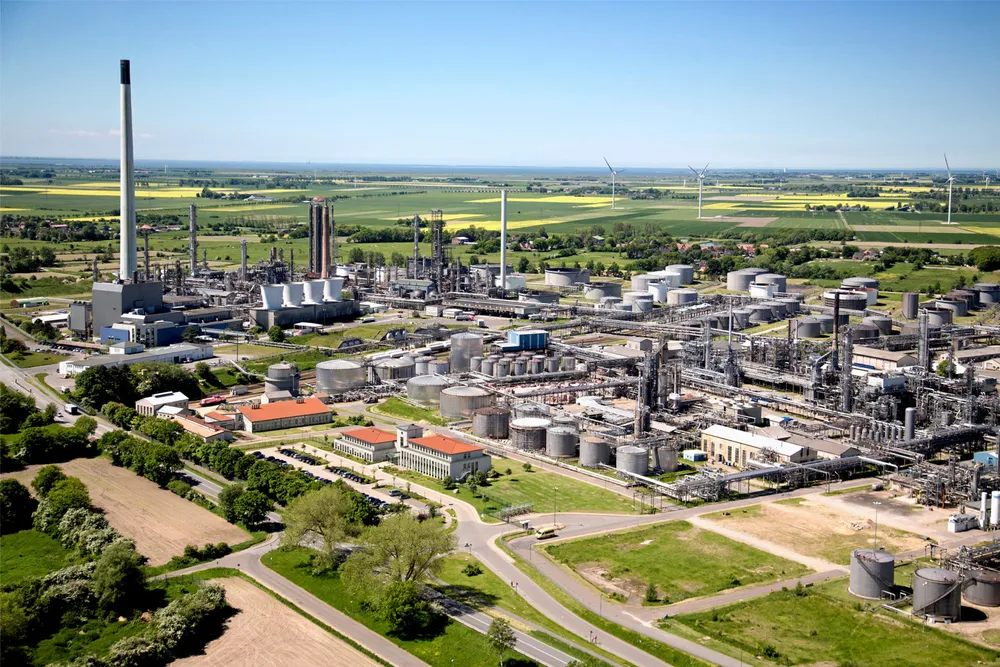Despite being awarded millions in state funding, this once-pioneering green hydrogen project has been scrapped
Westküste 100 in Germany was meant to displace grey H2 use at a local oil refinery, which has now set its sights on supply from an even larger project

The once-pioneering Westküste 100 green hydrogen project was announced with much fanfare in 2019, with plans to build 30MW of electrolysis capacity at independent oil refinery Raffinerie Heide in northern Germany by 2025, before scaling it up to 700MW by 2030.
The consortium — which included Raffinerie Heide, Danish power firm Ørsted and French utility EDF’s German hydrogen development arm Hynamics — has cited high construction costs as the reason for its decision.
“A project must be economically viable, and this was unfortunately not the case in this instance. We therefore arrived at the logical conclusion,” said Jörg Kubitza, managing director of Ørsted in Germany, in a press statement.
“For Ørsted, there is no doubt that hydrogen will play an important part in decarbonizing German industry — but the associated costs must be reasonable and a market needs to be established.”
However, although the 30MW pilot has been scrapped, it is unclear whether the 700MW capacity originally envisioned is still on the table.
“Regardless of the decision that has now been made, we will continue to work at full speed to decarbonize Raffinerie Heide,” said Roland Kühl, the managing director of the refinery in the press statement.
“The development of a green hydrogen economy on the west coast of Schleswig-Holstein continues to play an important role in this.”
“I'm angry at the federal government because in 2020 the federal government's hydrogen strategy was implemented with a total of €7bn in funding to promote projects like the one here in Heide,” Andreas Hein, chairman of the supervisory board at Stadtwerke Heide told local news station NDR.
He reportedly added that a legal framework for green hydrogen projects is still no further along than it was three years ago.
Some of the companies in the consortium are already redirecting their efforts towards other, larger developments to displace grey hydrogen use at the Heide refinery — with bigger subsidy payouts.
Hynamics and Raffinerie Heide are both partners on a different 500MW green hydrogen project, HyScale 100, for which the state government of Schleswig-Holstein had already allocated €194m in subsidies in its 2023 budget, although it is unclear how much cash the project has actually received.
The project has also been included in a 2021 federal shortlist of candidate Important Projects of Common European Interest — an EU scheme that would unlock even larger amounts of state aid.
This chemical would then be either used within the refinery’s methanol-to-olefin plant, or sold on to the market as a fuel.